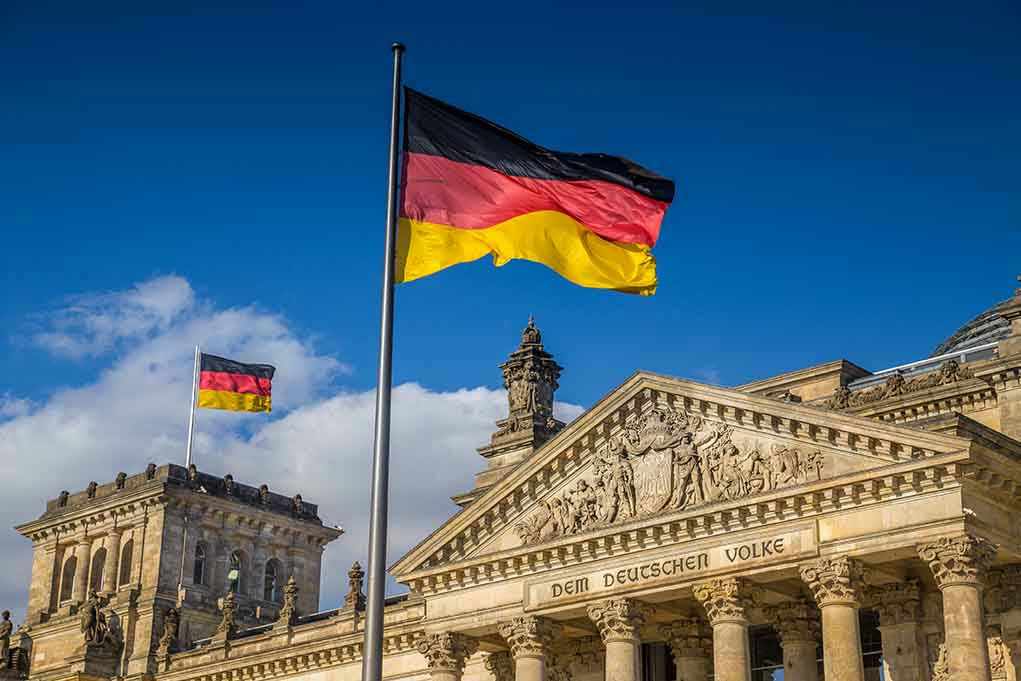
When an ordinary family dispute explodes into a bomb threat that empties the world’s largest beer festival, even the most jaded Oktoberfest reveler is forced to wonder: what truly keeps our public celebrations safe?
Story Snapshot
- Oktoberfest in Munich was abruptly shut down after a deadly explosion and credible bomb threat tied to a family dispute.
- The closure marks one of the few times in the festival’s 215-year history that public safety fears emptied Theresienwiese.
- Police discovered multiple explosive devices, a written threat, and launched a massive security operation before reopening.
- The incident revives memories of the 1980 Oktoberfest bombing, while raising urgent questions about event security and mental health crises crossing into public danger.
The Day Oktoberfest Stopped: A Timeline of Chaos and Caution
Munich’s famed Oktoberfest had all the makings of a typical day: beer tents ready to open, tourists lining up for pretzels, and security quietly patrolling the grounds. That illusion shattered around 4:45 a.m., when a powerful explosion rocked a residential neighborhood in Lerchenau, northern Munich. Fire crews raced to the scene, confronting not only flames but a grim discovery: a man’s body near Lerchenau Lake, a backpack at his side containing an explosive device. The dead man, identified as a 57-year-old German, would soon be linked to a family dispute that left his mother and daughter injured inside a charred home—and to a new, more chilling threat against Oktoberfest itself.
Police combed the residence and found multiple explosive devices, along with a written note threatening Munich’s Oktoberfest. Within hours, the largest beer festival in the world became the center of a full-scale emergency. Theresienwiese, the sprawling festival ground, was evacuated as bomb squads and security teams swept the area for hidden dangers. By late afternoon, after a tense day of lockdown, police declared the grounds safe and allowed the festival to resume. But for many, the damage to the sense of security—and the shock of seeing cherished traditions upended by private violence—remained.
From Family Dispute to Public Threat: The Perpetrator’s Path
The man at the center of this crisis was no shadowy terrorist but a local resident embroiled in a bitter family dispute. Early reports and police statements reveal a grim sequence: arson at his own home, violence that left close relatives wounded, and ultimately, his suicide by the lake. What turned this private anguish into a public crisis was the decision to threaten Oktoberfest, transforming a domestic tragedy into a citywide emergency. Authorities have found no clear ideological motive, though an online claim of responsibility by “antifa” surfaced—an assertion police are still investigating but have not substantiated. The facts point instead to a personal spiral that intersected, by design or desperation, with Munich’s most visible public celebration.
Oktoberfest Shut Down by Credible Bomb Threat https://t.co/mq8IAsNyCo
— The European Conservative (@EuroConOfficial) October 1, 2025
The speed and scale of the police response demonstrate lessons learned from the city’s tragic past. The 1980 Oktoberfest bombing, a far-right attack that killed 13 and wounded over 200, forever altered how Germans view security at mass gatherings. Since then, police, city officials, and festival organizers have operated on high alert, but rarely have they faced a threat so deeply rooted in private anguish, spilling over into public terror.
Ripples Through Munich: Security, Anxiety, and Public Trust
For festivalgoers, vendors, and the city’s business community, the fallout from the closure was immediate. Oktoberfest is more than a party; it’s a cultural and economic lifeline, drawing millions of visitors and generating untold revenue for Munich each year. Shutting it down, even temporarily, sent shockwaves through the city. Local businesses lost a day’s takings, tourists faced confusion and fear, and residents were left to navigate a city on edge. The incident also prompted the U.S. Consulate to issue alerts, underscoring the global implications of local events in an interconnected world.
The psychological impact may be longer lasting. Public festivals, by their nature, promise joy, community, and escape. When those safe spaces are breached—even by the unpredictable violence of a family dispute—every future gathering feels a little less secure. Police have pledged ongoing vigilance, and city leaders have made clear that safety will always supersede tradition. Yet the question lingers: how can any city, no matter how prepared, anticipate the unpredictable intersections of private crisis and public life?
Oktoberfest’s Uncertain Future: Lessons and Unanswered Questions
The 2025 Oktoberfest closure stands as a stark reminder that security threats are not always ideological, nor neatly contained. The collision of mental health crises, family breakdown, and the ready availability of violence can turn any celebration into a target. Experts and commentators point to the effectiveness of Munich’s rapid, coordinated response but caution that no protocol can offer perfect protection. The incident will almost certainly lead to more stringent security at future public events, greater scrutiny of early warning signs in family and mental health cases, and a renewed debate over how best to balance openness with preparedness.
As investigators continue to piece together the perpetrator’s motives, one fact is clear: the greatest threats to public life may come not from organized terror, but from the unpredictable crises brewing behind closed doors. Oktoberfest will return, as it always has, with fresh reminders of its resilience—and with new questions about what it takes to keep a city, and its traditions, safe for all.
Sources:
CBS News: Oktoberfest bomb threat, Munich explosion, fire, death in Lerchenau
ABC News: Munich Oktoberfest closed after bomb threat, deadly explosion
ABC News Video: Deadly explosion at Oktoberfest grounds, Germany




